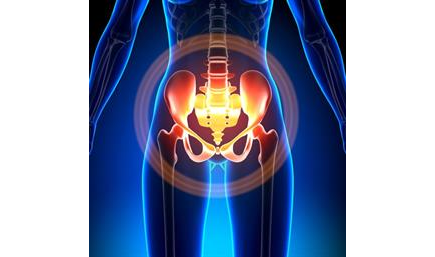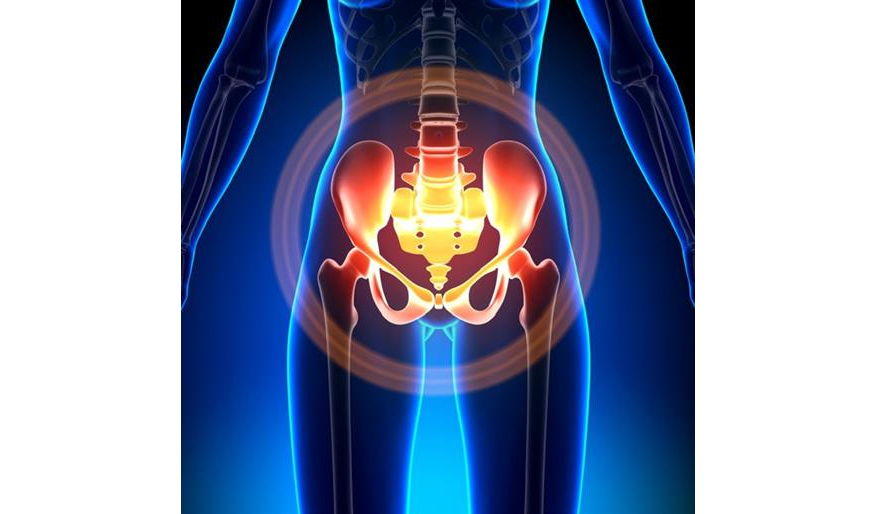Our Doctors
Meet all the doctors from Cleveland Clinic Abu Dhabi.
View Doctors
Find out more about what causes pelvic floor disorder and the treatment available

The pelvic floor is the group of muscles that support the organs in your pelvis. Whilst relatively common, disorders of the pelvic floor can lead to embarrassing side effects, as a result, many people often live with the condition and don’t ask for help.
What is pelvic floor disorder?
\Pelvic floor disorders are caused by an inability to control pelvic muscles, which leads to leakage of urine or feces. It is very common and often viewed as a normal sign of aging or something that inevitably happens after giving birth. Women therefore tend to live with the disorder and don’t seek treatment. But contrary to popular belief, pelvic floor disorders aren’t a normal sign of aging and there are treatments available which can help.
When functioning normally, the pelvic floor muscles can be contracted and relaxed, which allows proper control over bladder and bowel function. If these muscles become dysfunctional, pelvic floor disorders can start to appear. It is estimated that as many as 1 in 4 women will suffer from some form of pelvic floor disorder during their lifetime. If it is left untreated, it can lead to long-term damage and significant discomfort.
What are the symptoms of pelvic floor disorders?
A pelvic floor disorder can lead to a number of symptoms, including issues with urination, constipation or bowel leakage, pelvic floor pain or lower back pain. The most common types of pelvic floor disorders include:
What causes of pelvic floor disorders?
While the exact cause isn’t known, there are several factors that can contribute to pelvic floor dysfunction, including pregnancy and childbirth, injury to the pelvic area, obesity, muscle strain and incorrect toilet behaviors.
How to treat pelvic floor disorders
There are a range of therapies and treatments which can successfully treat pelvic floor disorders, and the first step in managing the condition is getting a diagnosis. Dr. Lameese Tabaja, a colorectal surgeon at Cleveland Clinic Abu Dhabi explains, “We regularly see women at the clinic who have suffered for a long time as they are embarrassed to talk about it, or they assumed pelvic floor disorders were normal with age and have simply put up with it. This isn’t true and we can offer a range of treatments which can drastically improve the condition, and vastly improve quality of life".
Mild cases can often be treated with lifestyle changes. There are also pelvic floor exercises that can be done to strengthen the pelvic floor muscles. Dr. Tabaja explains, “Biofeedback is an effective option. Using sensors and monitors, the patient contracts and relaxes the pelvic floor muscles so we can help them to improve their muscle function. If these conservative therapies don’t help, there are minimally invasive treatment options available where in more severe cases, surgery may be offered to repair the pelvic floor.”